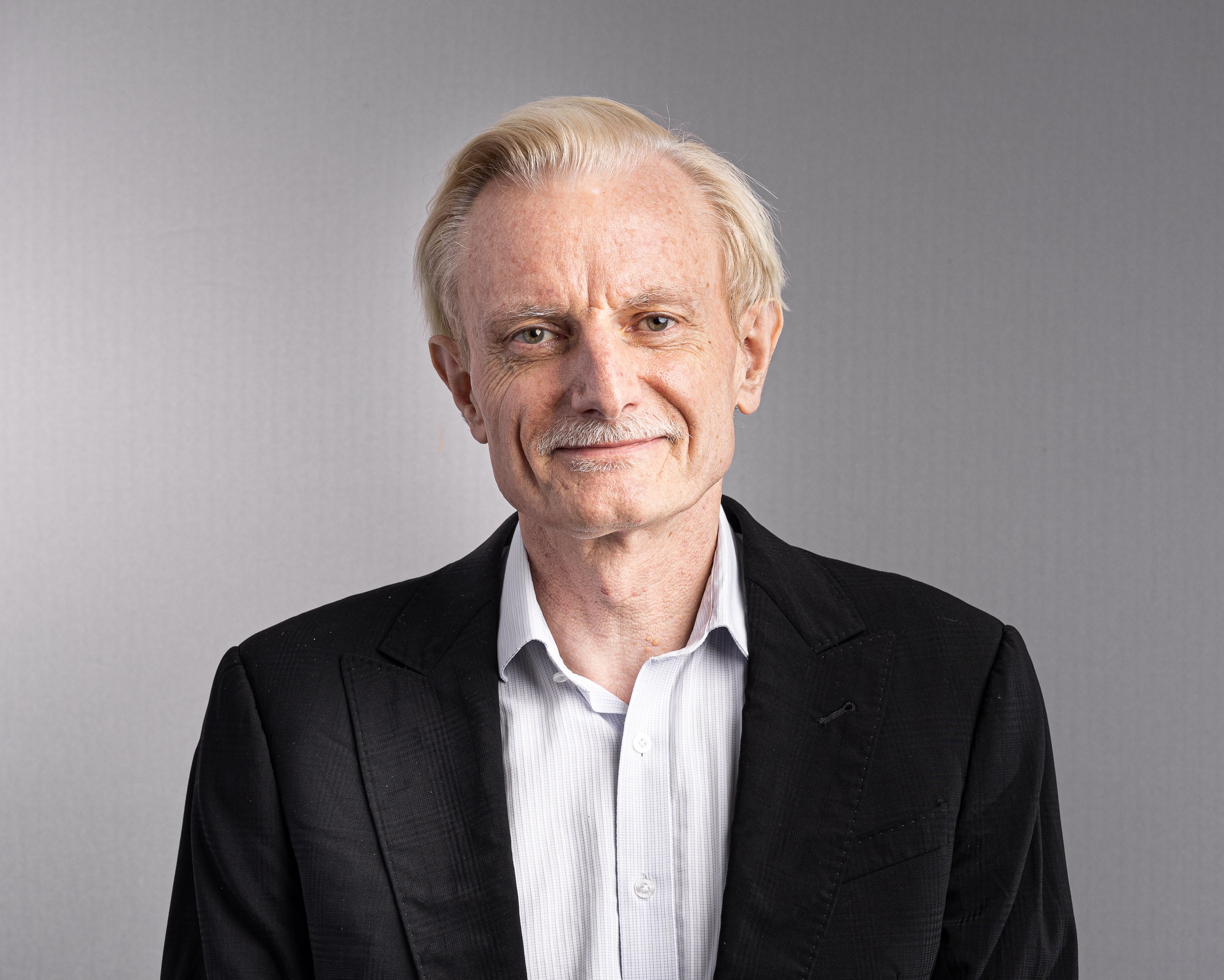St Vincent’s to commence Australian-first anal pre-cancer treatment trial
St Vincent’s to commence Australian-first anal pre-cancer treatment trial
01 Mar 2022
With high rates of anal cancer amongst people living with HIV, St Vincent’s location places us at the epicentre of anal cancer prevalence in Australia. The St Vincent’s state-wide Dysplasia and Anal Cancer Service (DACS) is currently actively monitoring over 700 people with anal pre-cancers, to ensure swift intervention when cancer development becomes imminent.
For these patients, currently their only option is to ‘watch and wait’ – a worrisome burden, especially as few effective treatment options are is available, and poorly are researched.
Recent evidence from a trial in the United States to treat anal pre-cancers has clearly demonstrated that it can prevent progression to invasive cancer. While full details are yet to be published, the evidence was so strong that the trial was halted, and all patients were transferred from the ‘watch and wait’ arm, directly to treatment.
Encouraged by these findings, A/Prof Richard Hillman St Vincent’s HIV, Immunology and Infectious Diseases Specialist, undertook extensive consultation with his colleague Dr Alan Meagher, St Vincent’s Colorectal Surgeon, to develop the “Radiofrequency Ablation Elimination of Anal Dysplasia (READY)” protocol. With generous philanthropic support from St Vincent’s Curran Foundation, this new revolutionary treatment method for anal pre-cancers will soon be offered through a small clinical trial here at St Vincent’s. This approach promises to be highly effective, with minimal side effects and will be the first study of this kind in Australia.
For Pedro, who was diagnosed with HIV at St Vincent’s in 1985, this trial “can’t come soon enough”.
For the past eight years, Pedro has undergone countless painful monitoring anal biopsies which he describes as “awful in so many ways”.
A patient on the SPANC study, a joint St Vincent’s and Kirby Institute research program investigating anal cancer screening technologies, Pedro was confirmed to have anal HPV 16 – a difficult strain of the virus known to significantly increase the risk of cancer. With this diagnosis, along with the knowledge that HIV can accelerate the progression of HPV, Pedro has spent the past eight years living in fear that his virus would to progress to cancer.
“Treatment of anal pre-cancers is challenging, and not to be undertaken lightly”, Prof Hillman said. “RFA should substantially decrease the risk of anal cancer, and also dramatically reduce the number of hospital attendances required”.
Initial funding will enable treatment for 25 patients to start with. Patients are assessed in DACS and treated in the new St Vincent’s endoscopy suite, where they receive a combination of a mild sedative and regional anaesthesia.
“Essentially the anal canal is gently toasted all around, eradicating even microscopic disease. The enormous advantage of this approach is that it treats the whole area, in a manner comparable to the treatment of women with abnormal cervical smears”, Richard explains.
“Early overseas experience suggests that 90% of patients should be cured with a single treatment, with the remaining 10% needing to return for one further treatment”.
This is great news for patients, as currently available options only target a small area of disease, require multiple treatments, and still end up with a 60% recurrence rate.
Jane Costello, CEO of Positive Life NSW concurs. “With considerably higher rates of anal cancer and pre-cancerous lesions in both men and women living with HIV than the general population, this ground-breaking treatment is an exciting development for people living with HIV and a potential game changer in reducing the risk of developing anal cancer. We welcome this clinical trial and the new protocol, and look forward to the results of this important study and direct health benefits for our community.”
Pedro is hopeful he’ll be eligible to participate. “This would really alleviate my fears and eliminate the pain and recovery process following the biopsies. If they can remove the virus, my skin will rejuvenate without the virus. This really can’t come fast enough”.
The trial is due to commence in the coming months.

Associate Professor Richard Hillman